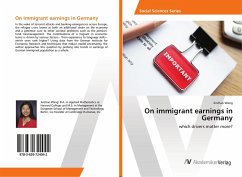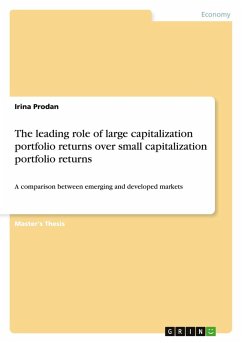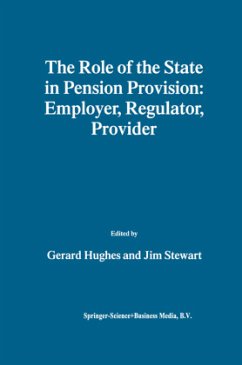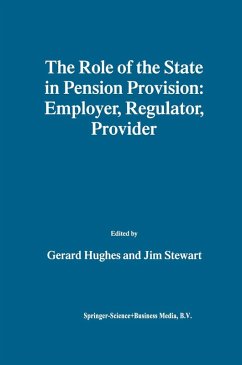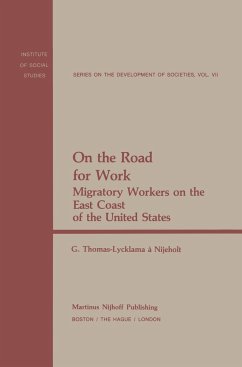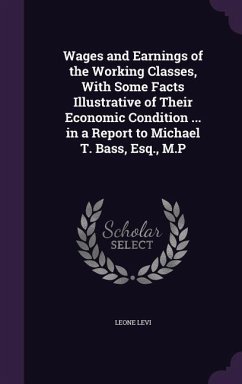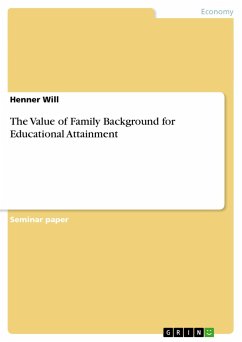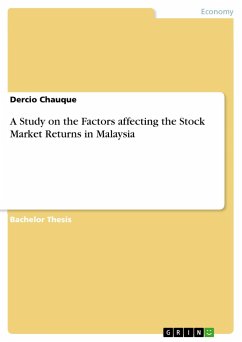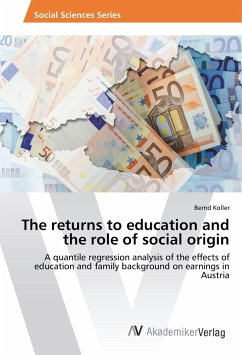
The returns to education and the role of social origin
A quantile regression analysis of the effects of education and family background on earnings in Austria
Versandkostenfrei!
Versandfertig in 6-10 Tagen
40,99 €
inkl. MwSt.

PAYBACK Punkte
20 °P sammeln!
Based on the Austrian EU-SILC 2011, this work aims at estimating the effect of education and the direct effect of social origin on earnings across the conditional earnings distribution, as well as of an interaction effect between social origin and education. This is accomplished by applying quantile regression (QR) and instrumental variable quantile regression (IVQR). Regarding QR-analysis, in almost every instance significant direct effects of social origin are found that are larger at the top of the conditional earnings distribution. The returns to education are almost uniformly significant ...
Based on the Austrian EU-SILC 2011, this work aims at estimating the effect of education and the direct effect of social origin on earnings across the conditional earnings distribution, as well as of an interaction effect between social origin and education. This is accomplished by applying quantile regression (QR) and instrumental variable quantile regression (IVQR). Regarding QR-analysis, in almost every instance significant direct effects of social origin are found that are larger at the top of the conditional earnings distribution. The returns to education are almost uniformly significant and by trend rising along the conditional earnings distribution. For some parts of the conditional earnings distribution, also significant interaction effects are encountered in the QR-analysis. For male employees, in the IVQR nearly universally significant returns to education are found. The direct effect of social origin and the interaction effect are significant only at the upper part of the conditional earnings distribution. For female employees, the returns to education are small and not significant in the IVQR, probably because the instrument must be considered weak regarding women.



